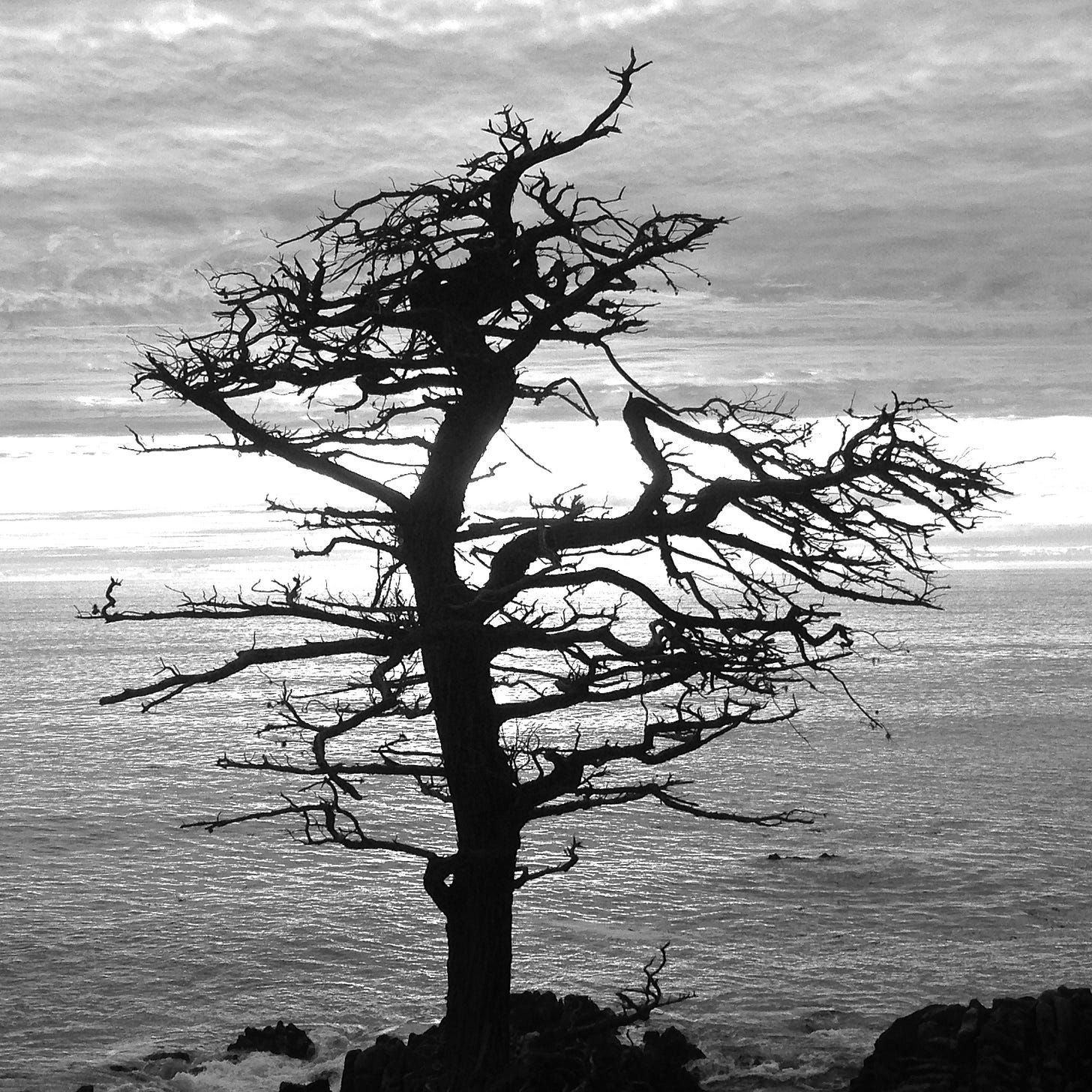Dropping Beneath the Surface
You are the one who must say 'Thus far and no farther'
No man or woman, standing at the edge of their own inner pool of darkness, is exempt from the wish to pass by this stage, to find a safe dry land bridge and walk across. We intuit in those waters the potentialities and dreams of a lifetime, but finding them hidden by the strangely irrational depth of our fear, we are not sure they are worth the grief.
Beowulf is a masculine story of descent into the waters of the unconscious, but where the restoration of a profound inner feminine power is essential to his survival. In that context it is a compelling story for both women and men working in a masculine workplace sorely in need of a commensurate balancing power. In a corporate culture still dominated by the image of the warrior archetype, Beowulf’s plunge into the waters of the unconscious seems to be equally instructive for both sexes.
The early English teller of Beowulf asked his listeners to drop beneath the surface of their daily existence where the rational mind continually prays for dry feet. Since that time the physical details of life may have changed. The elemental motifs have not. We could describe Beowulf himself as a sixth-century consultant. He was a prince and warrior who did not make his home in any one kingdom, but went offering his services to foreign kings for that same mixture of personal honor, self-education, prestige, and personal gain that motivates his modern consultative counterpart.
Hearing that Hrothgar, King of Denmark, was suffering the predations of Grendel, a diabolical swamp creature, he presented himself in Hrothgar’s hall as the answer to his problems.
Apparently, at night, after the feasting and gift-giving were done, a large green creature smeared with mud would emerge from the lake, enter the hall, fight off Hrothgar’s best warriors, tear men and women limb from limb, and drag their remains back to the swamp.
This image may seem outlandish to the modern mind, but it is a frighteningly accurate description of what happens to men or women who refuse to confront their more powerful creative urges. It is all very well in the broad light of day at work, or during the feasting and celebrations, when bonuses and employee-of-the-month wall plaques are being handed to the worthy; but at three in the morning, when we are alone, our defenses are down and we cannot sleep, the huge green hand rises from below and drags us into something hitherto ignored, deeper and more urgent.
Keep reading with a 7-day free trial
Subscribe to David Whyte to keep reading this post and get 7 days of free access to the full post archives.



